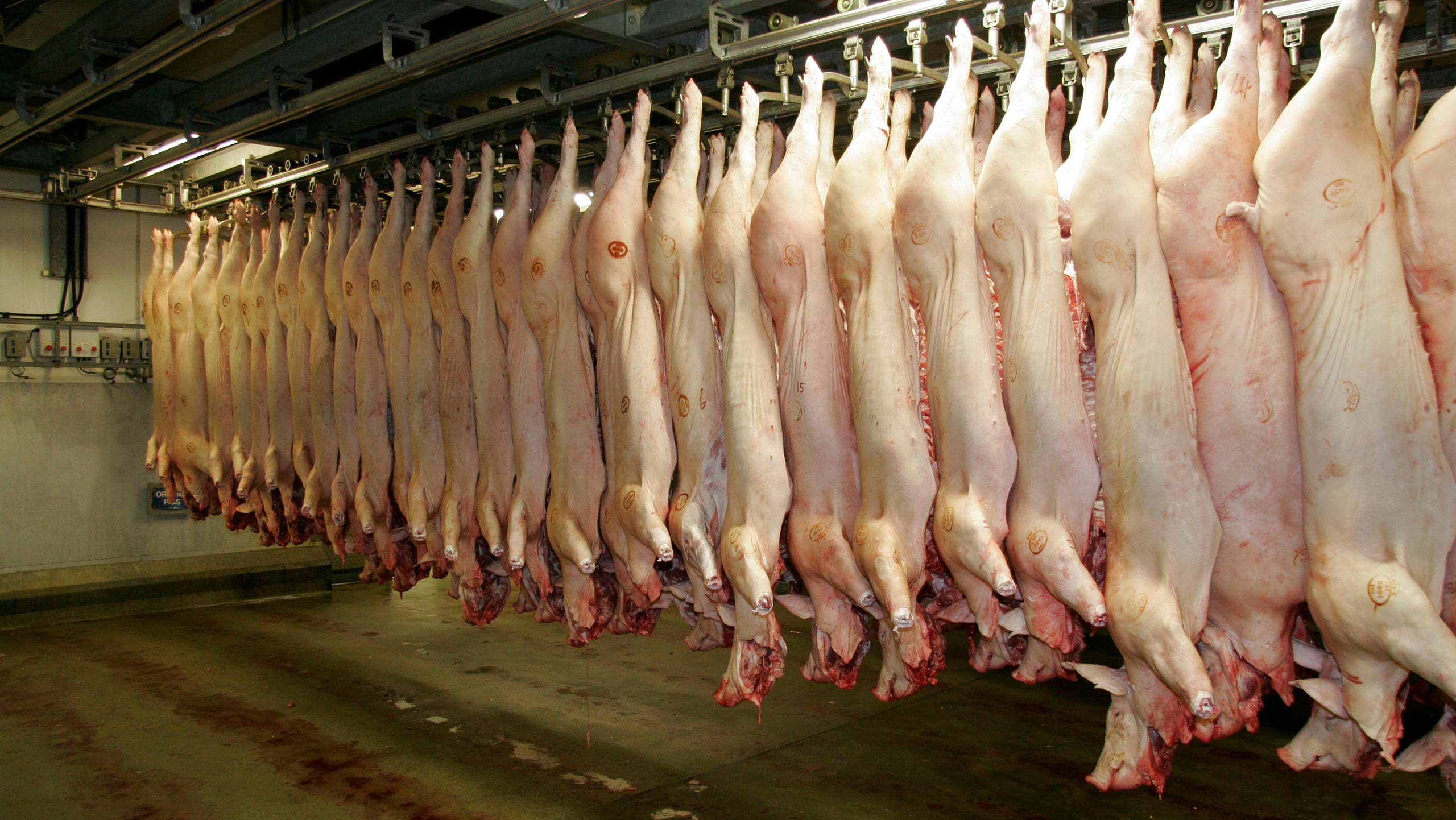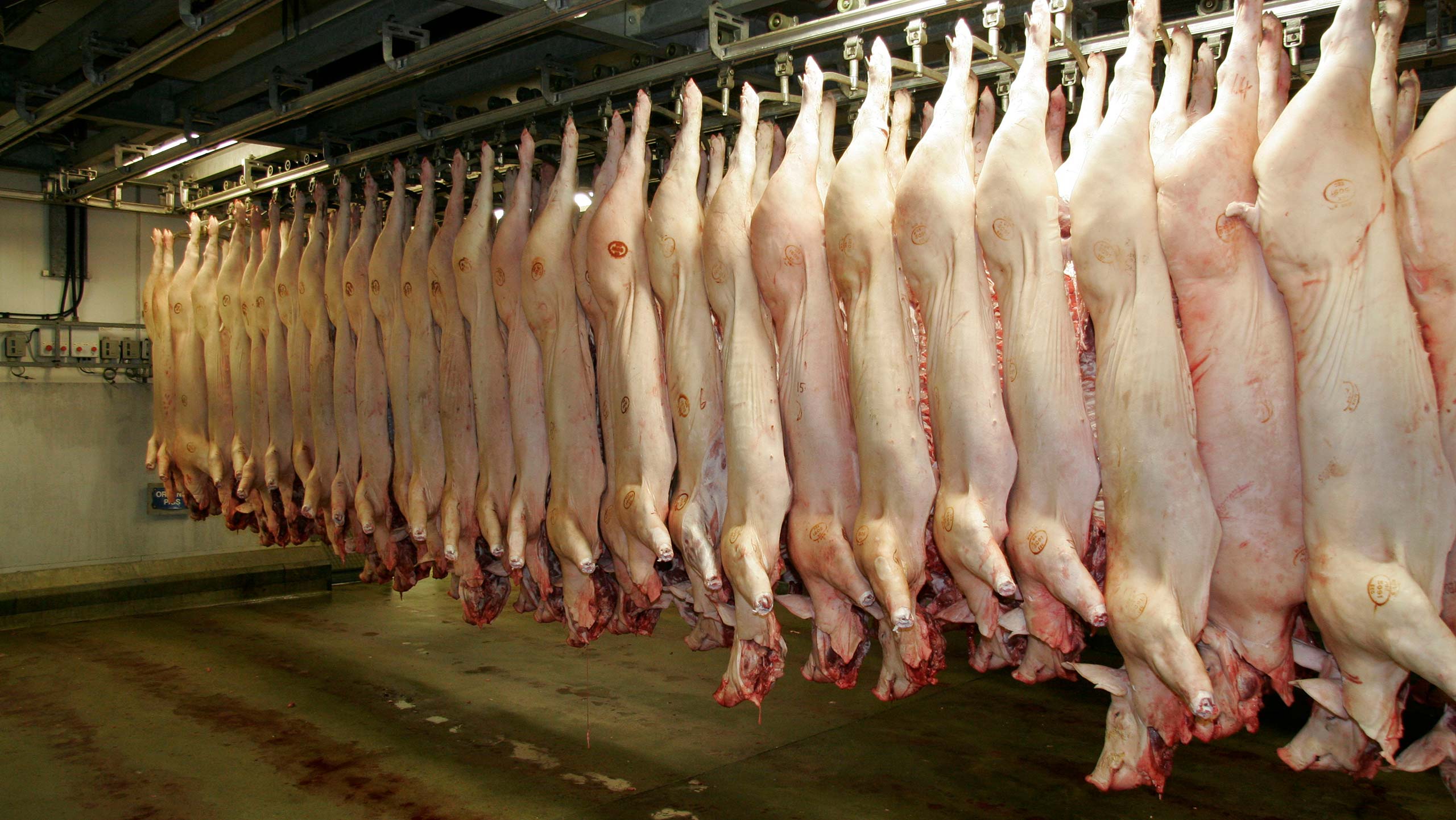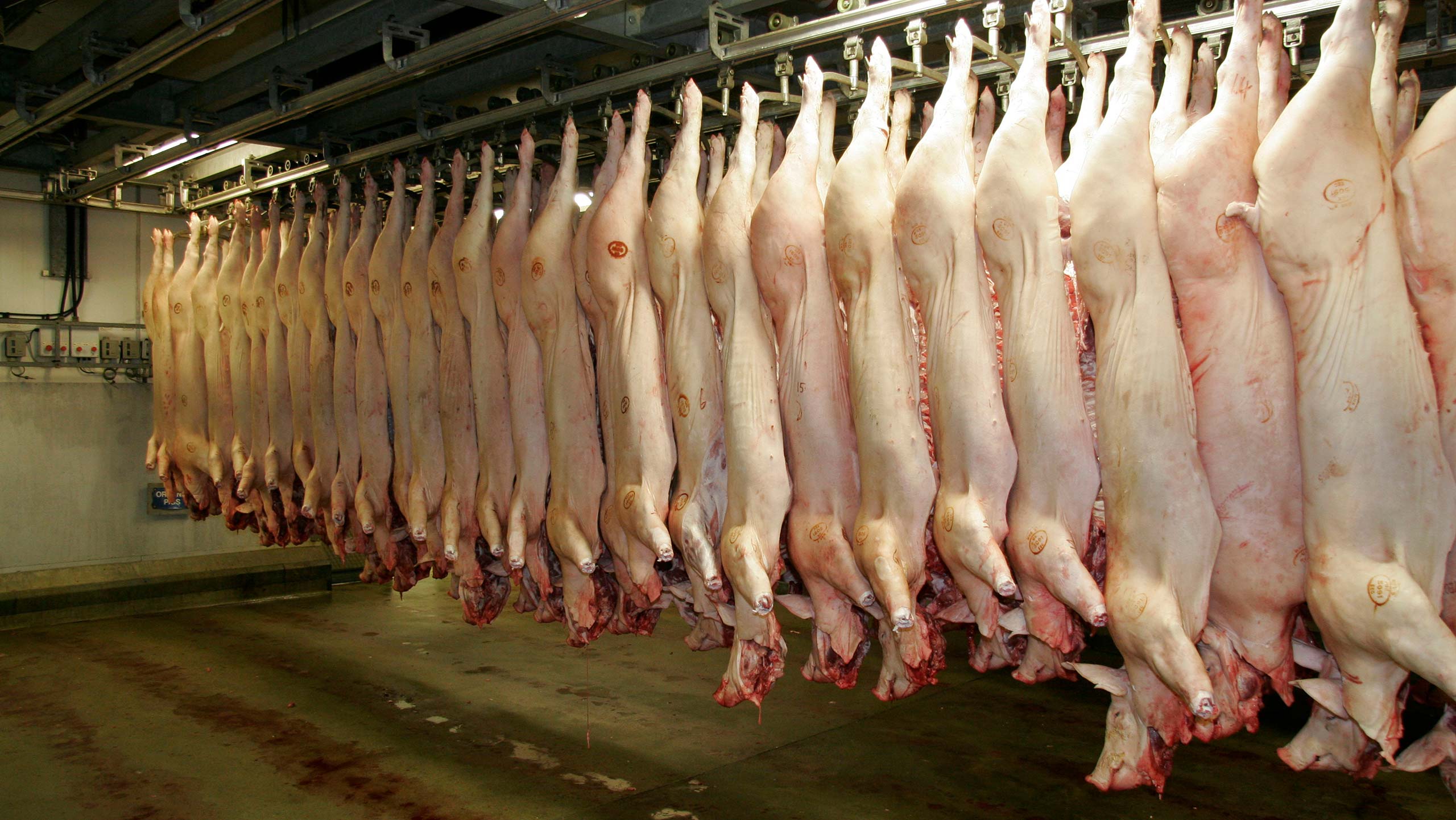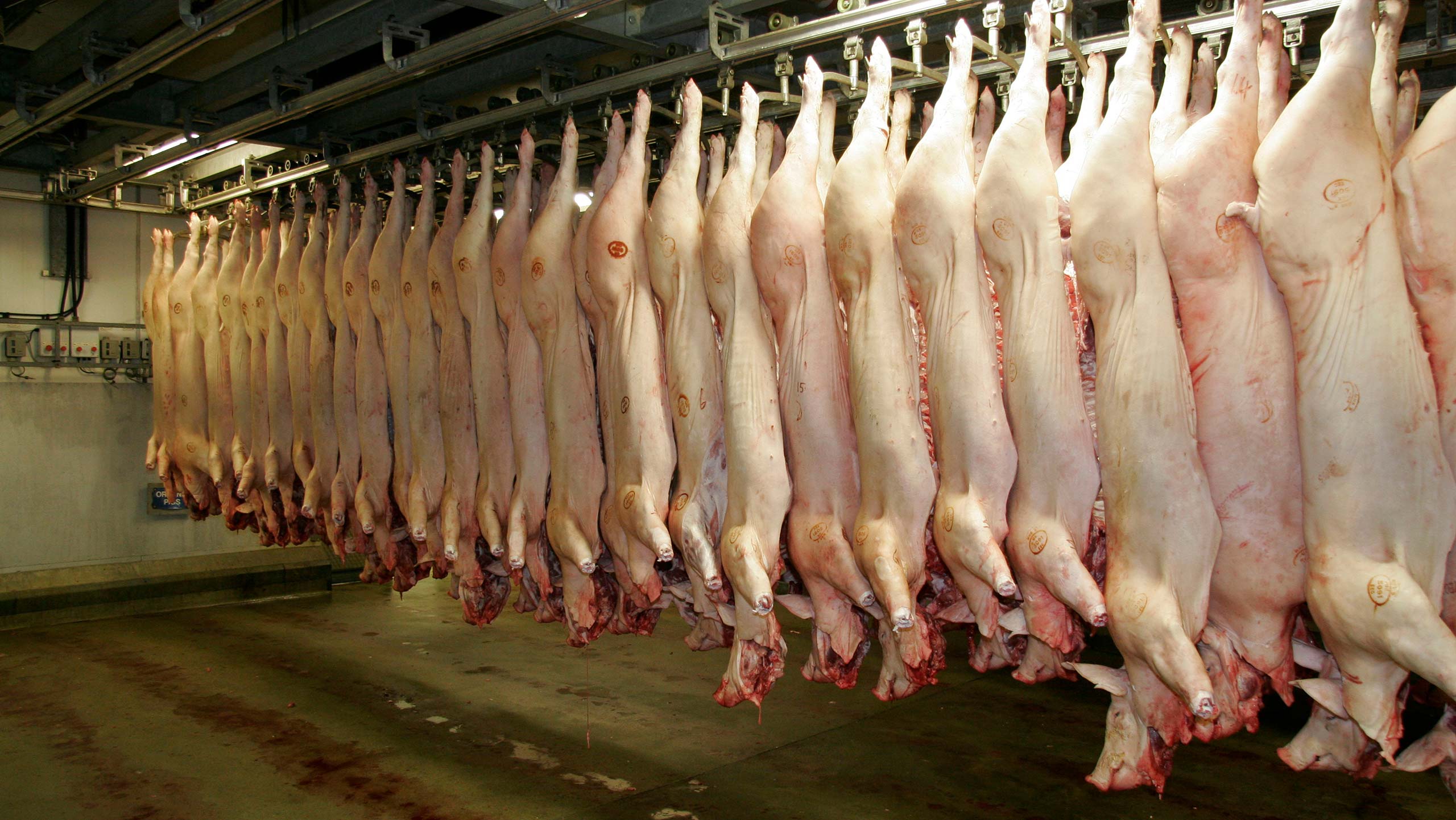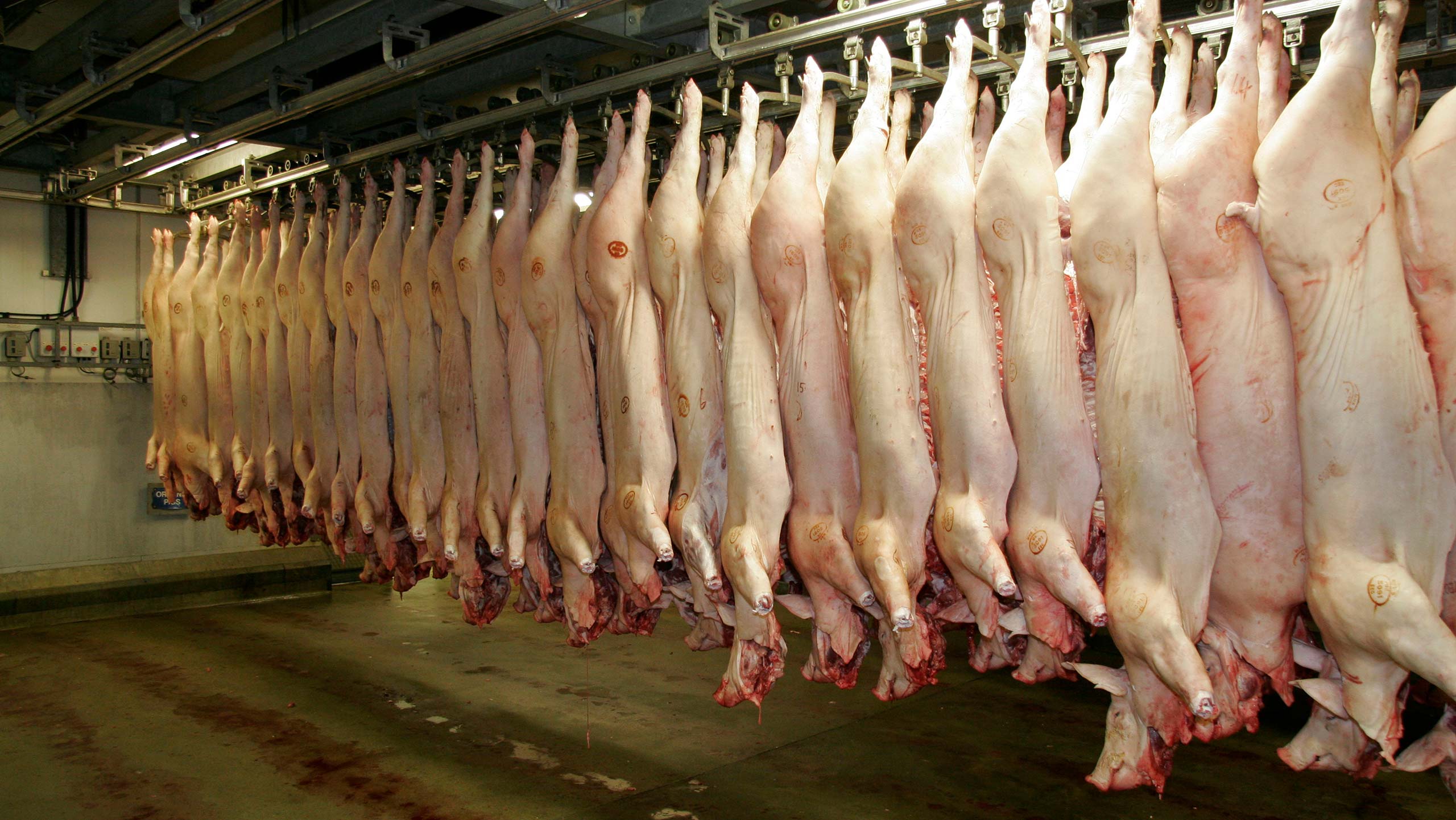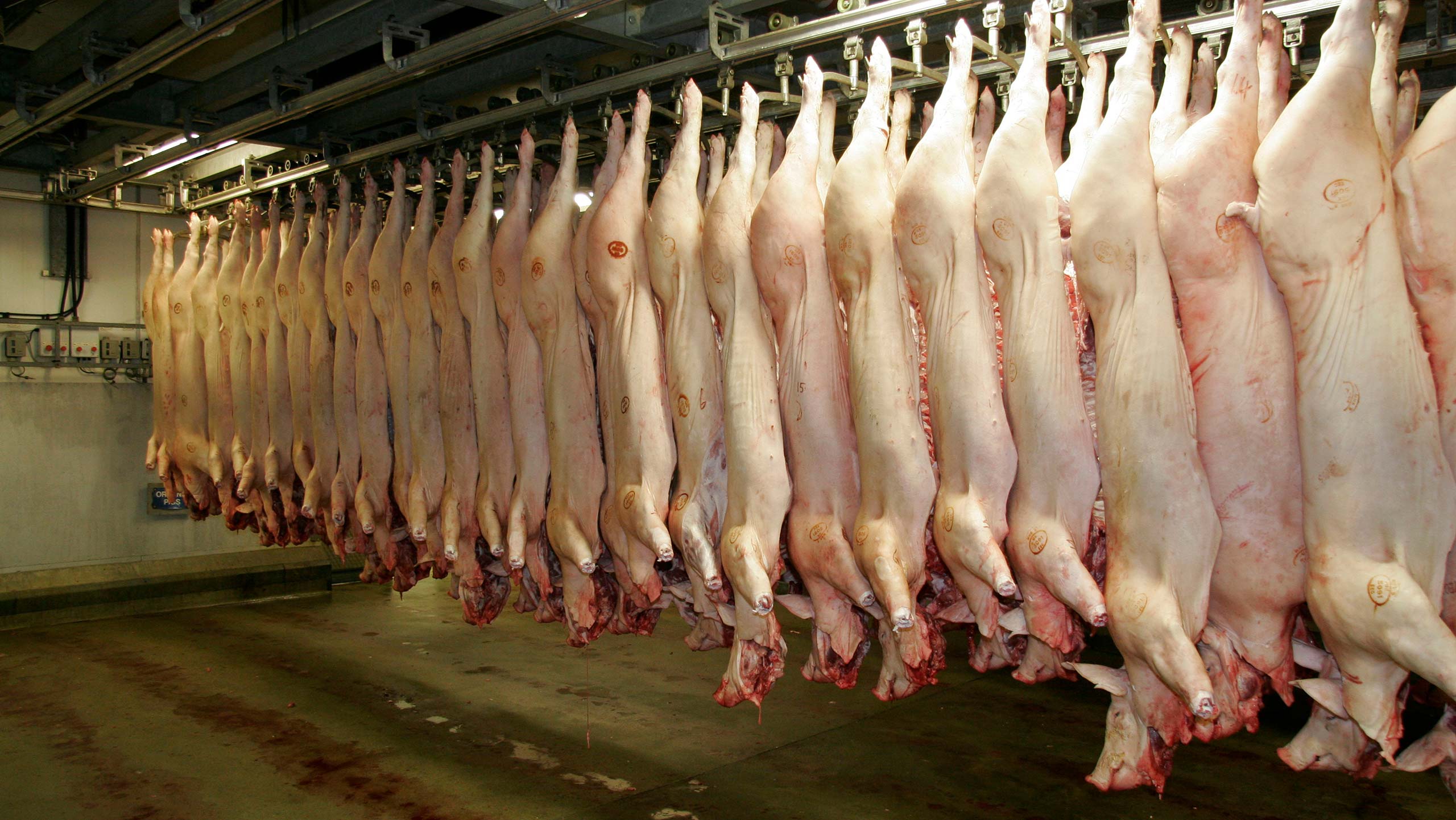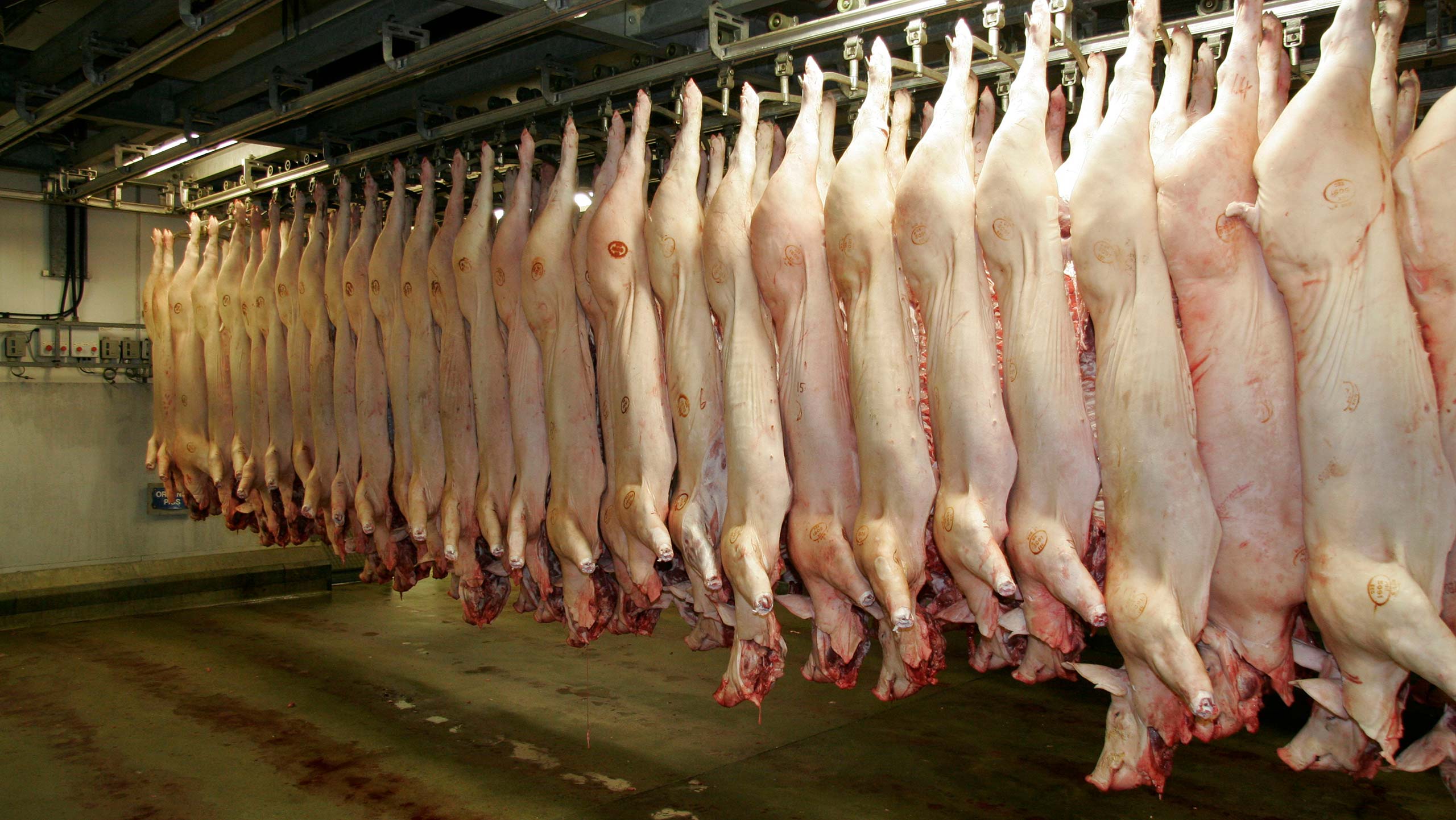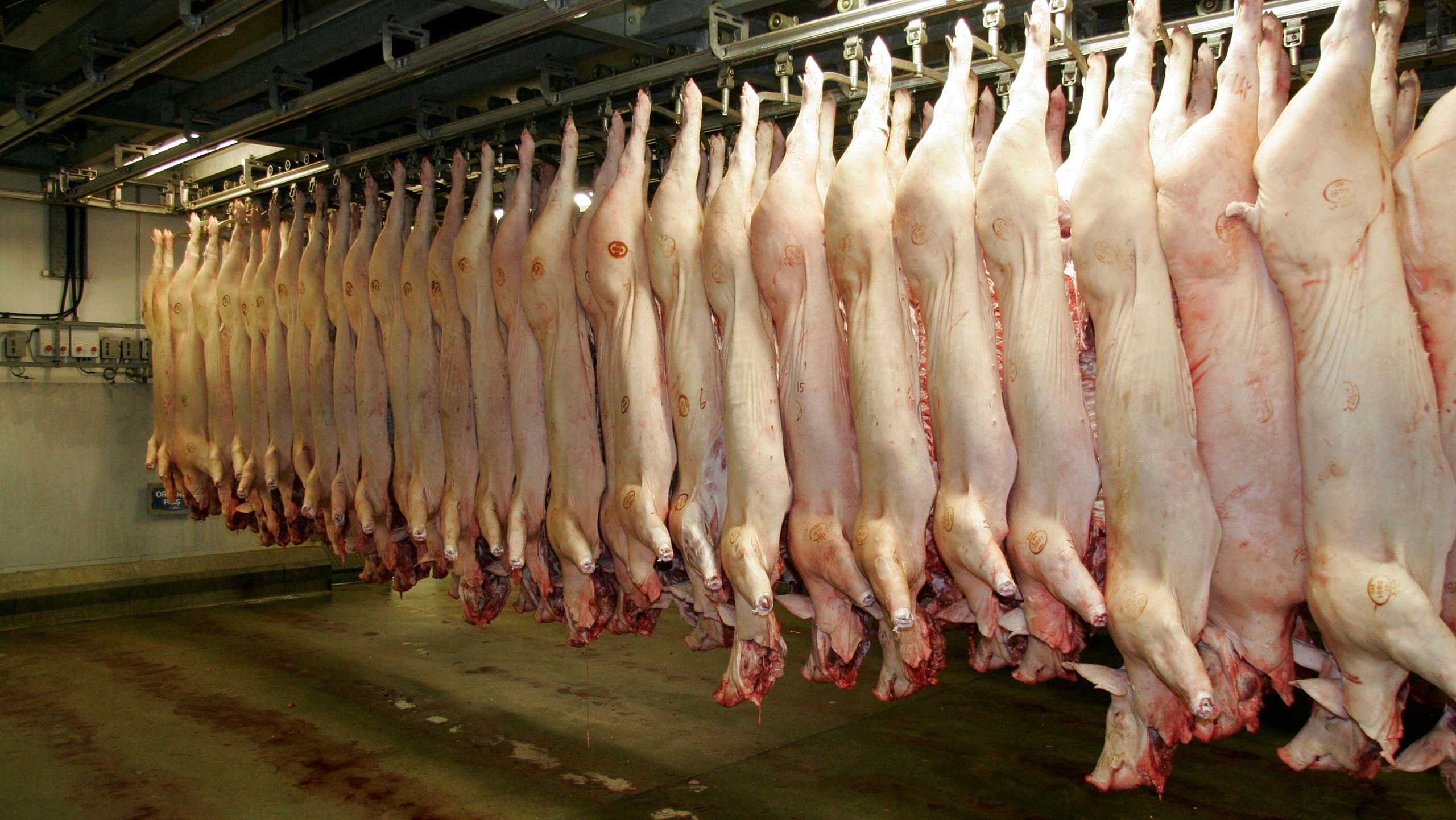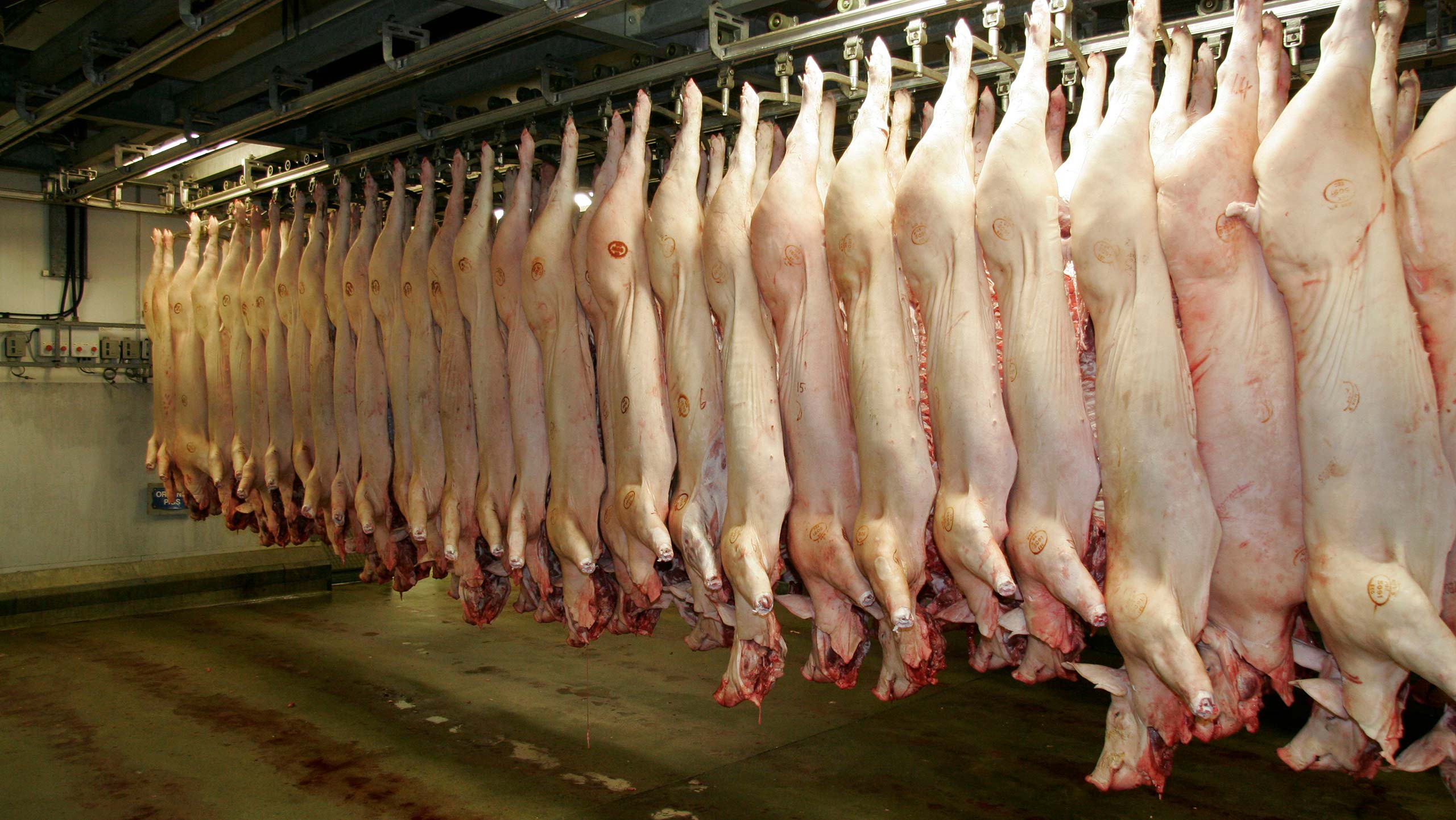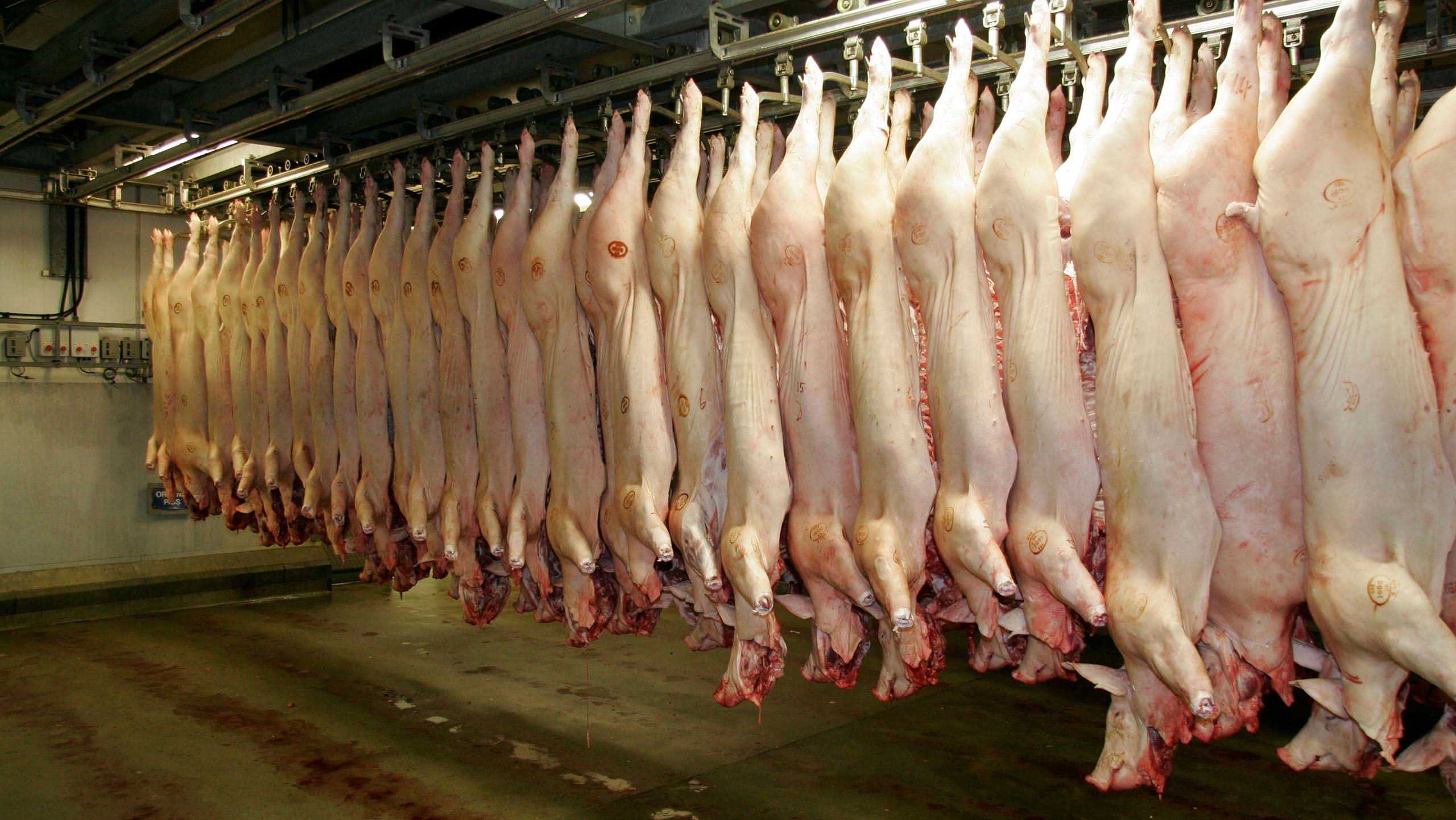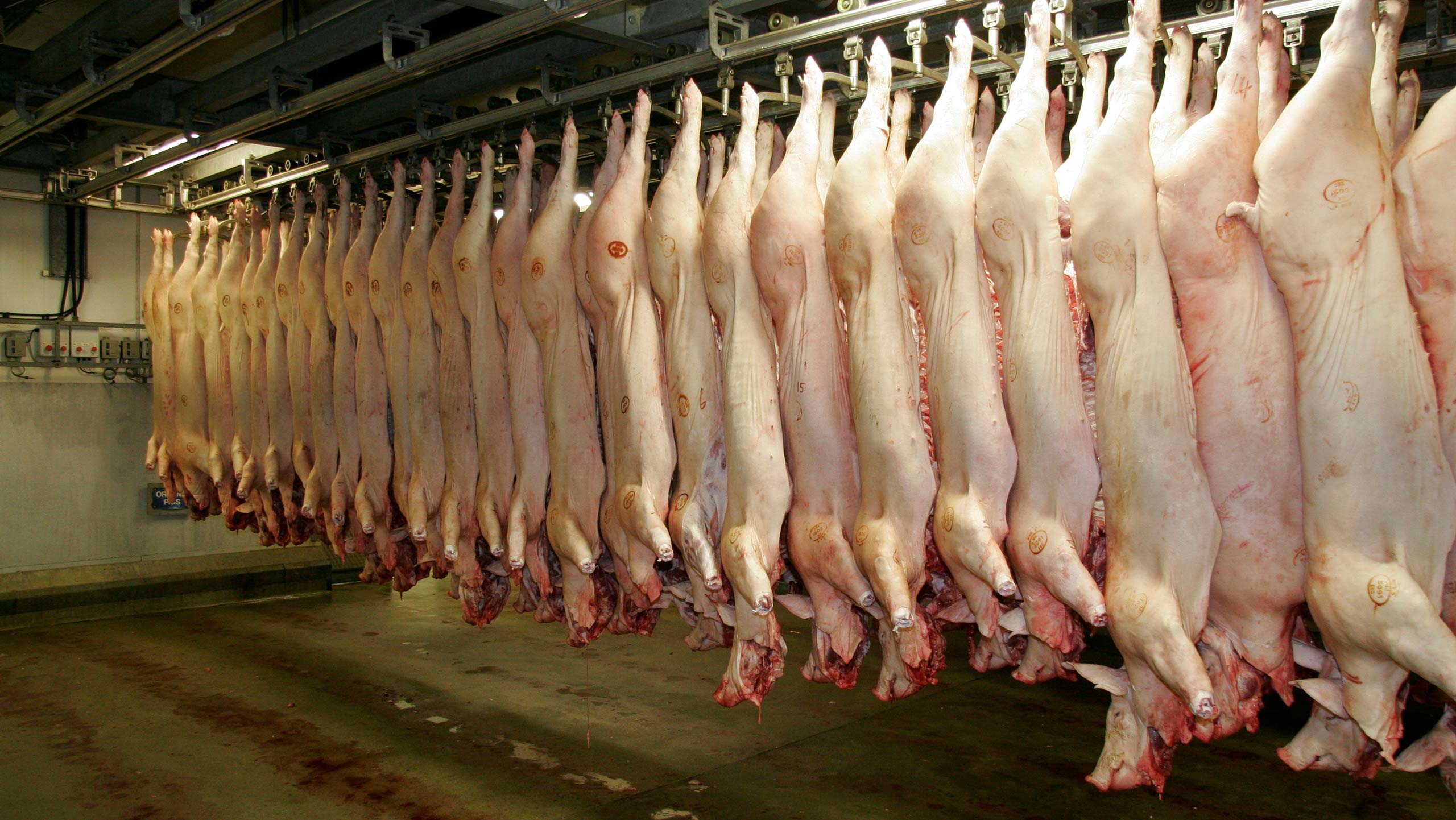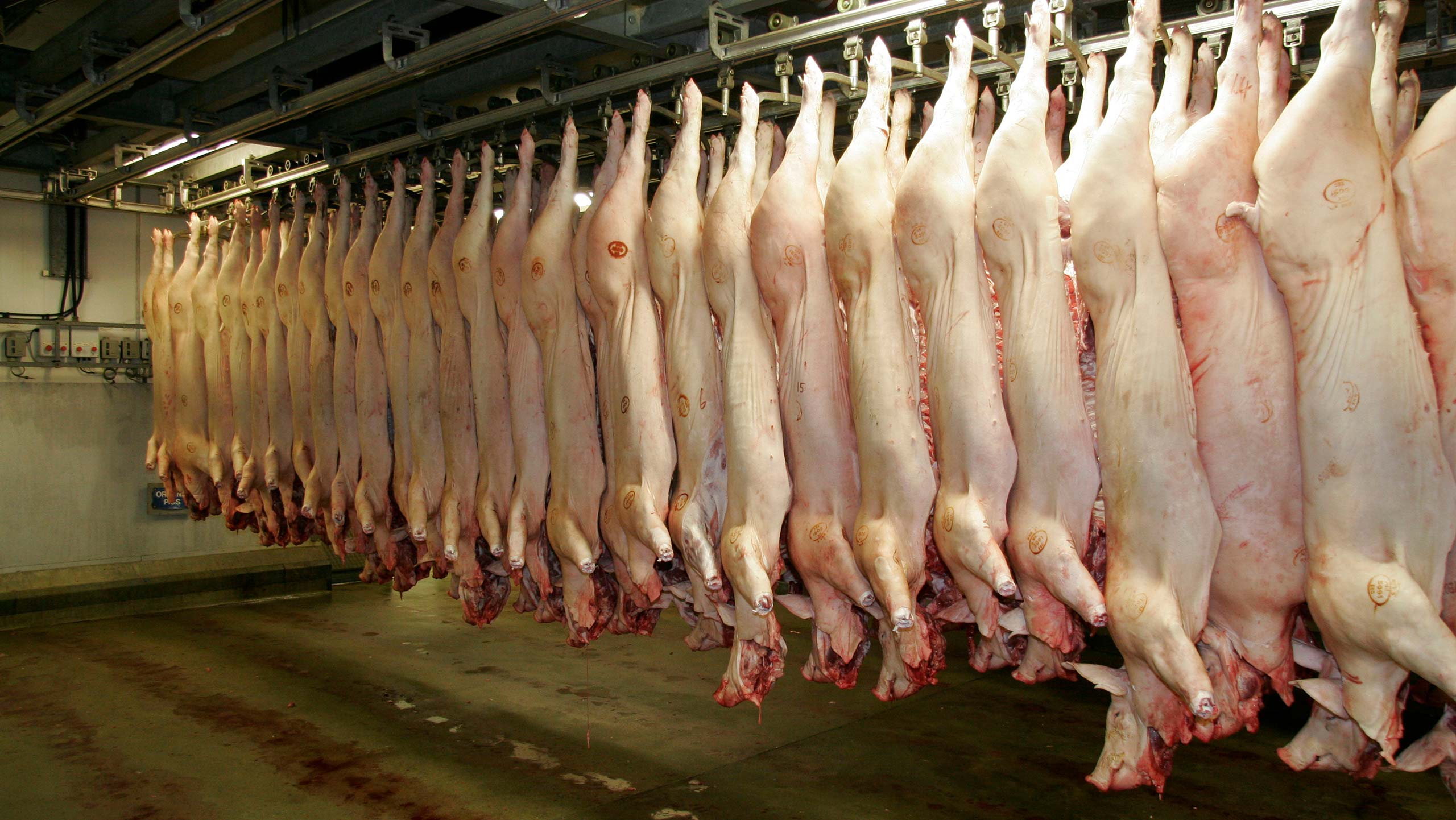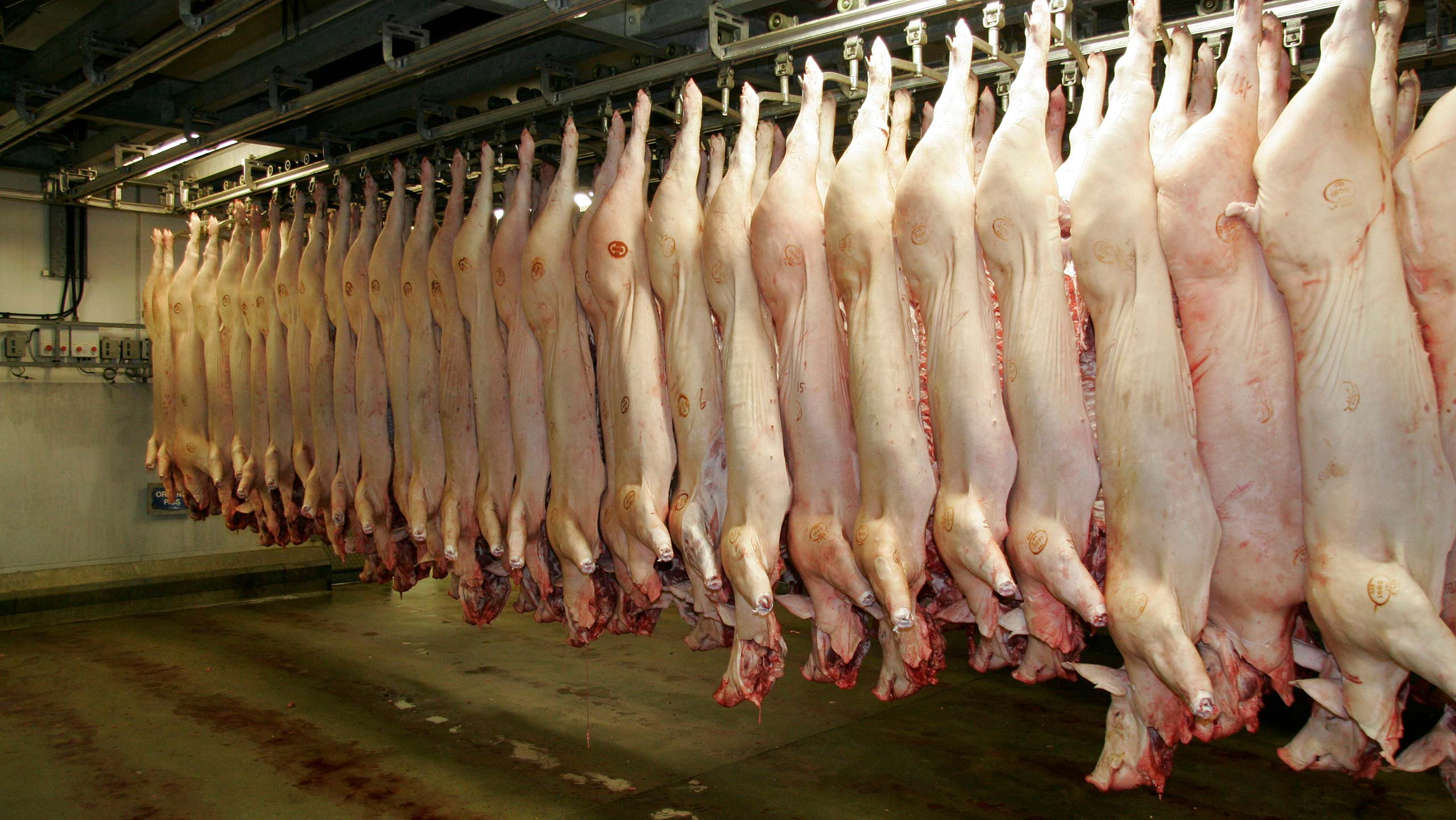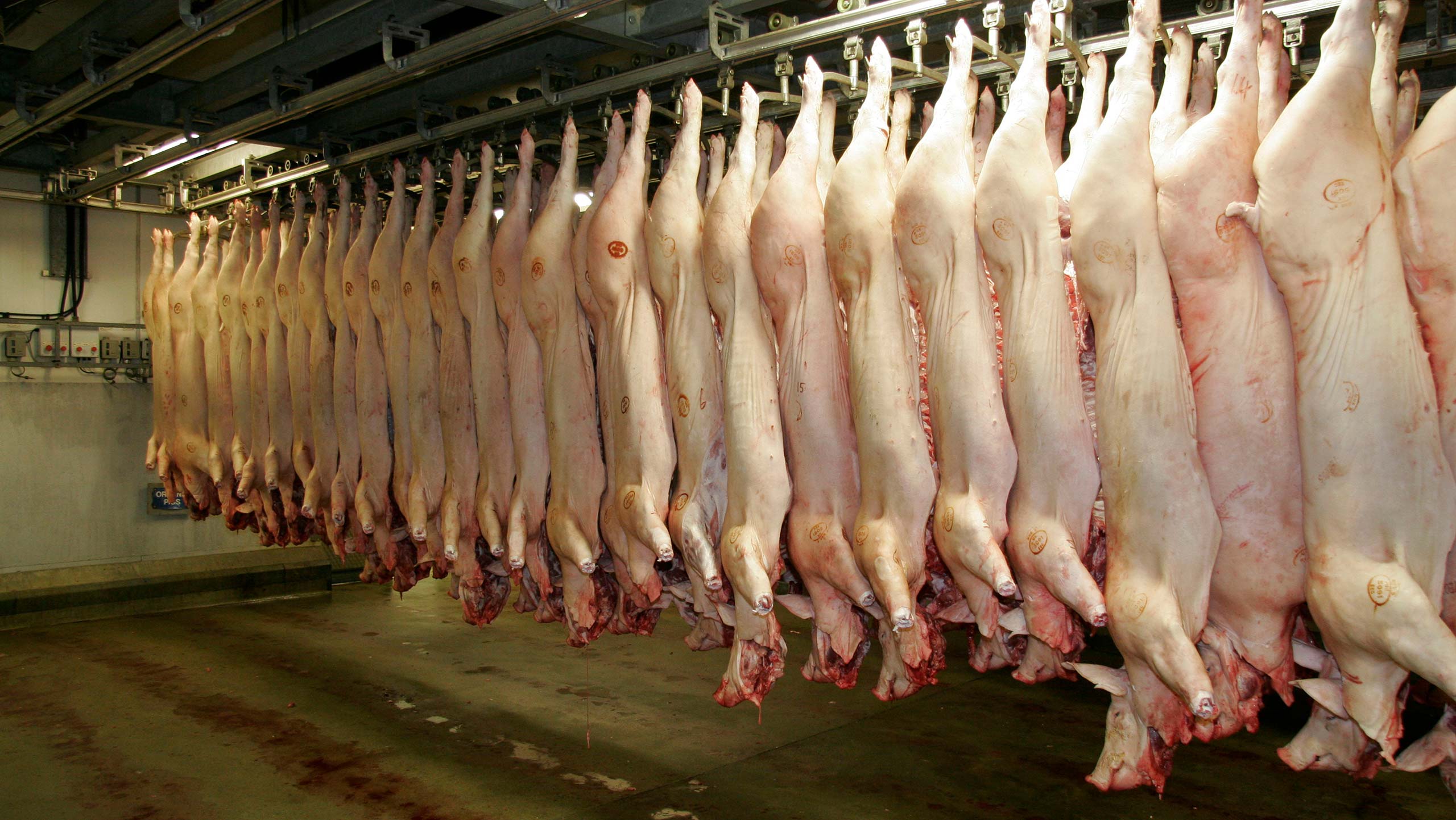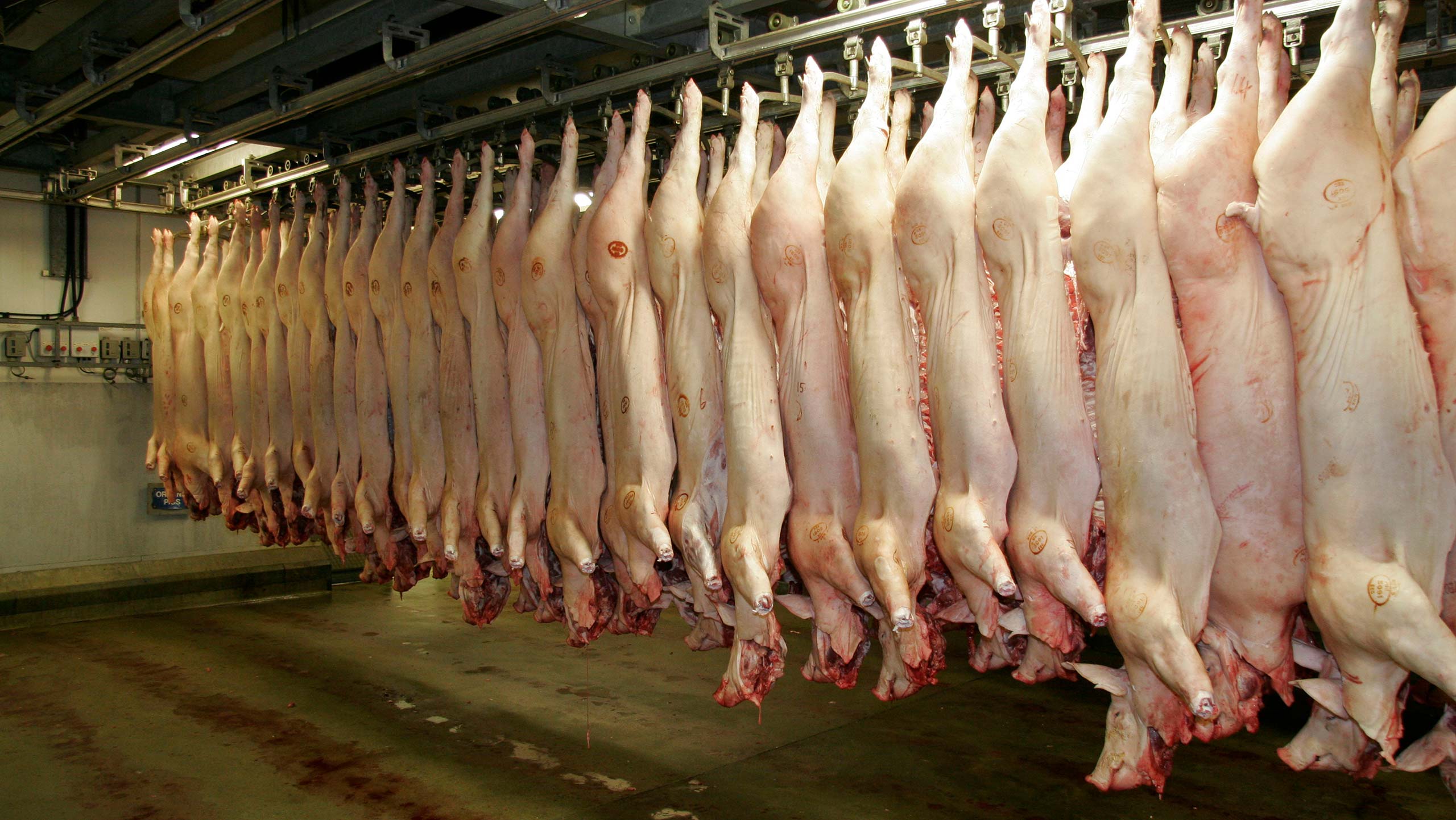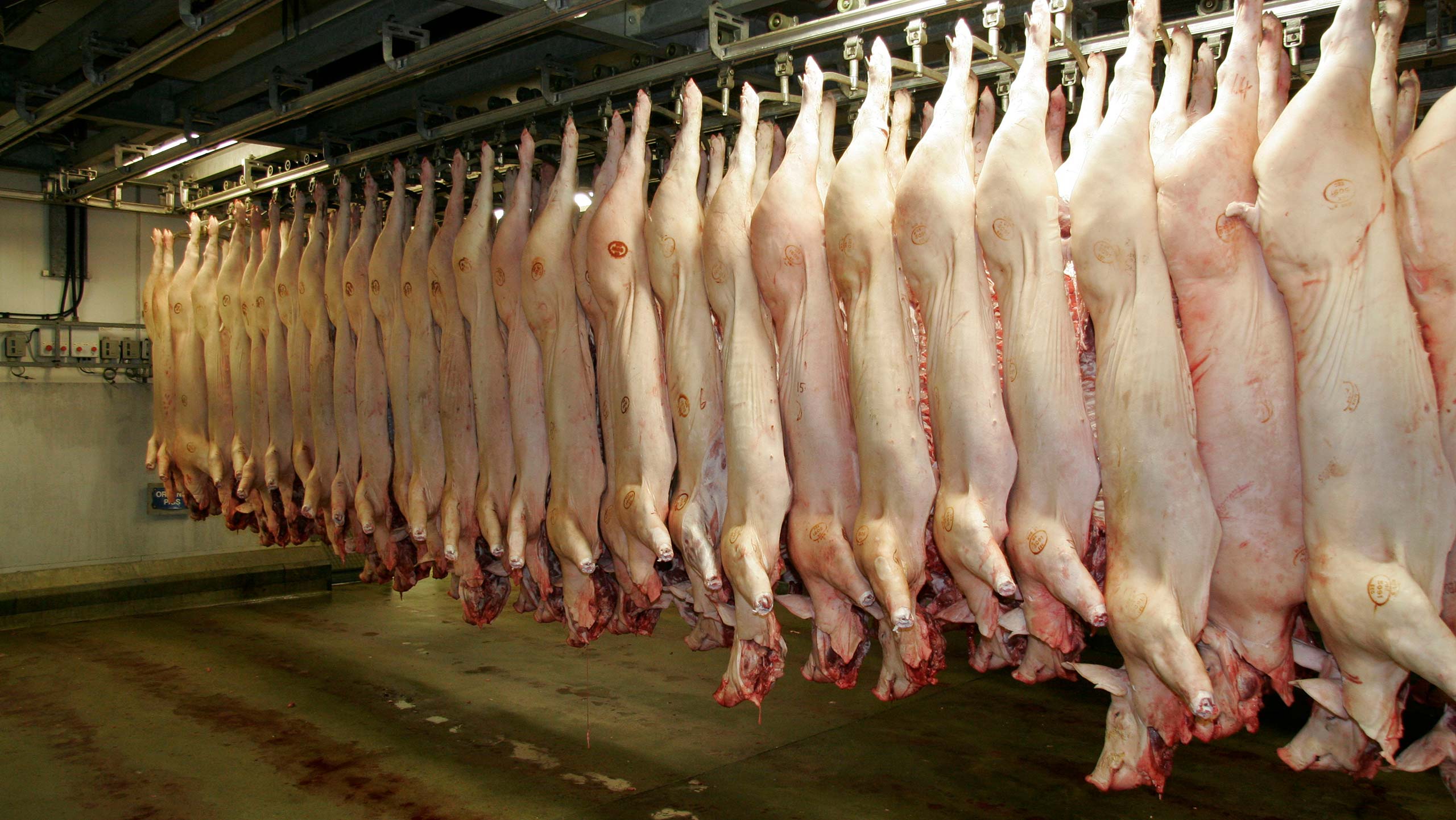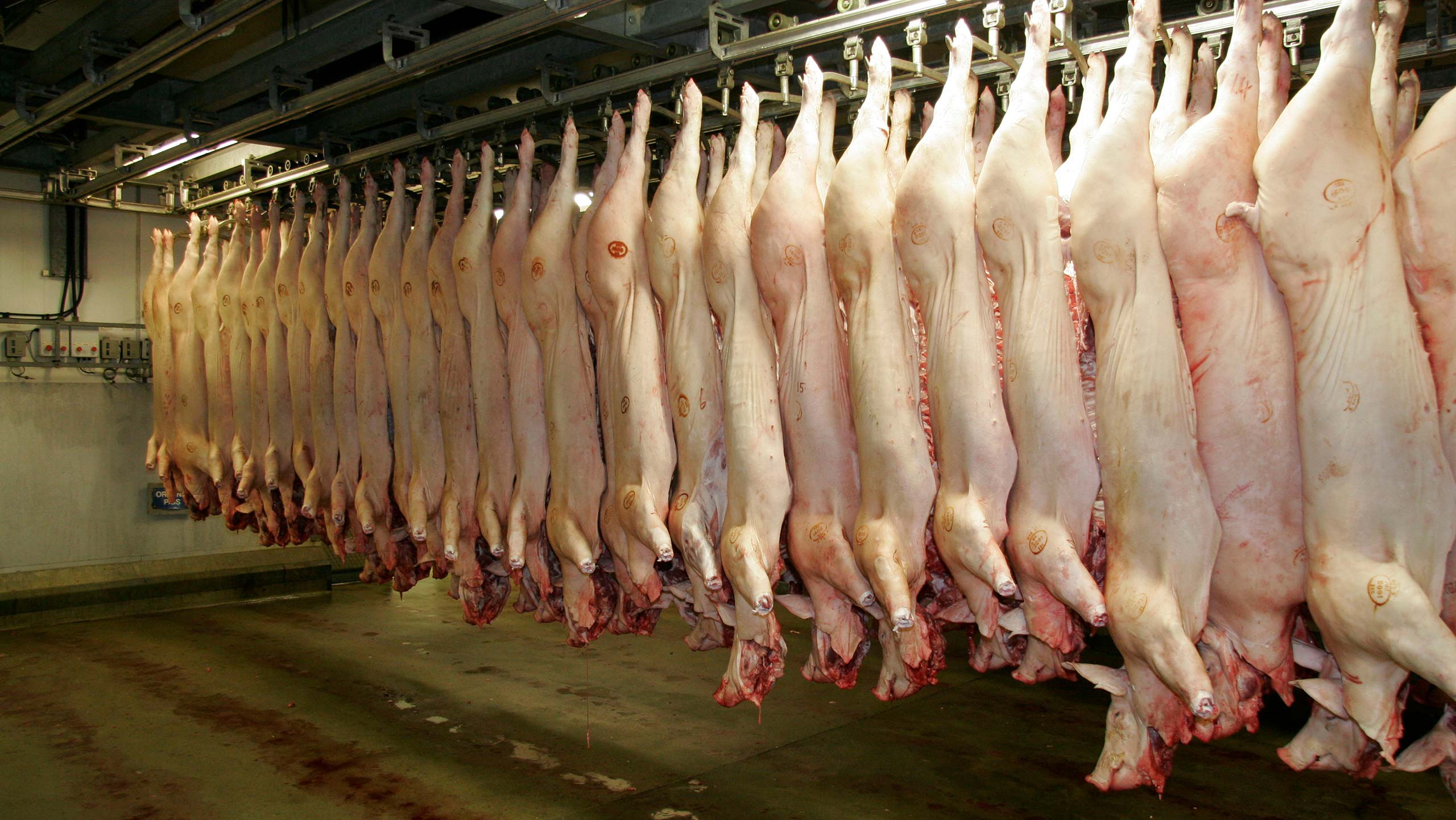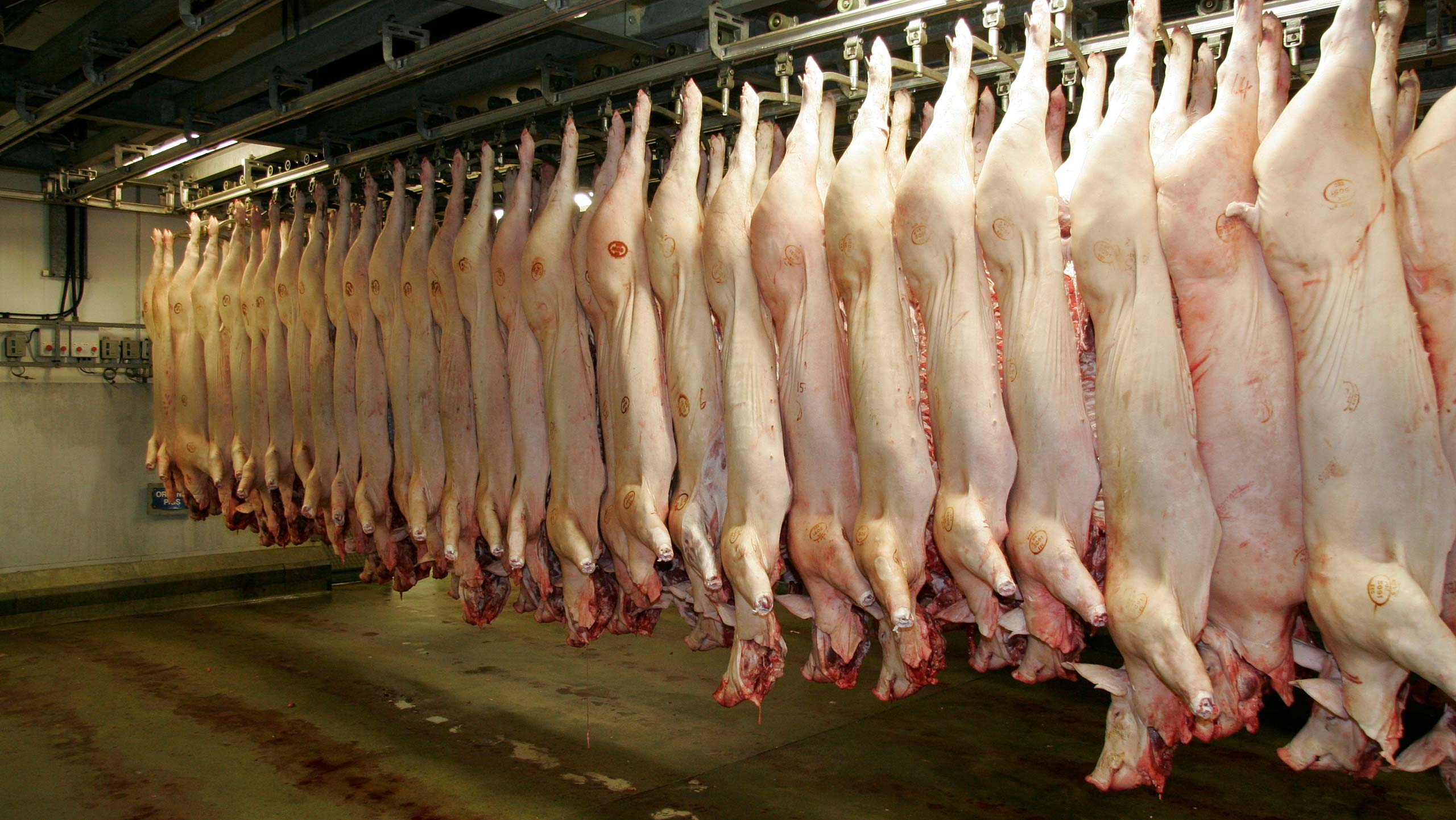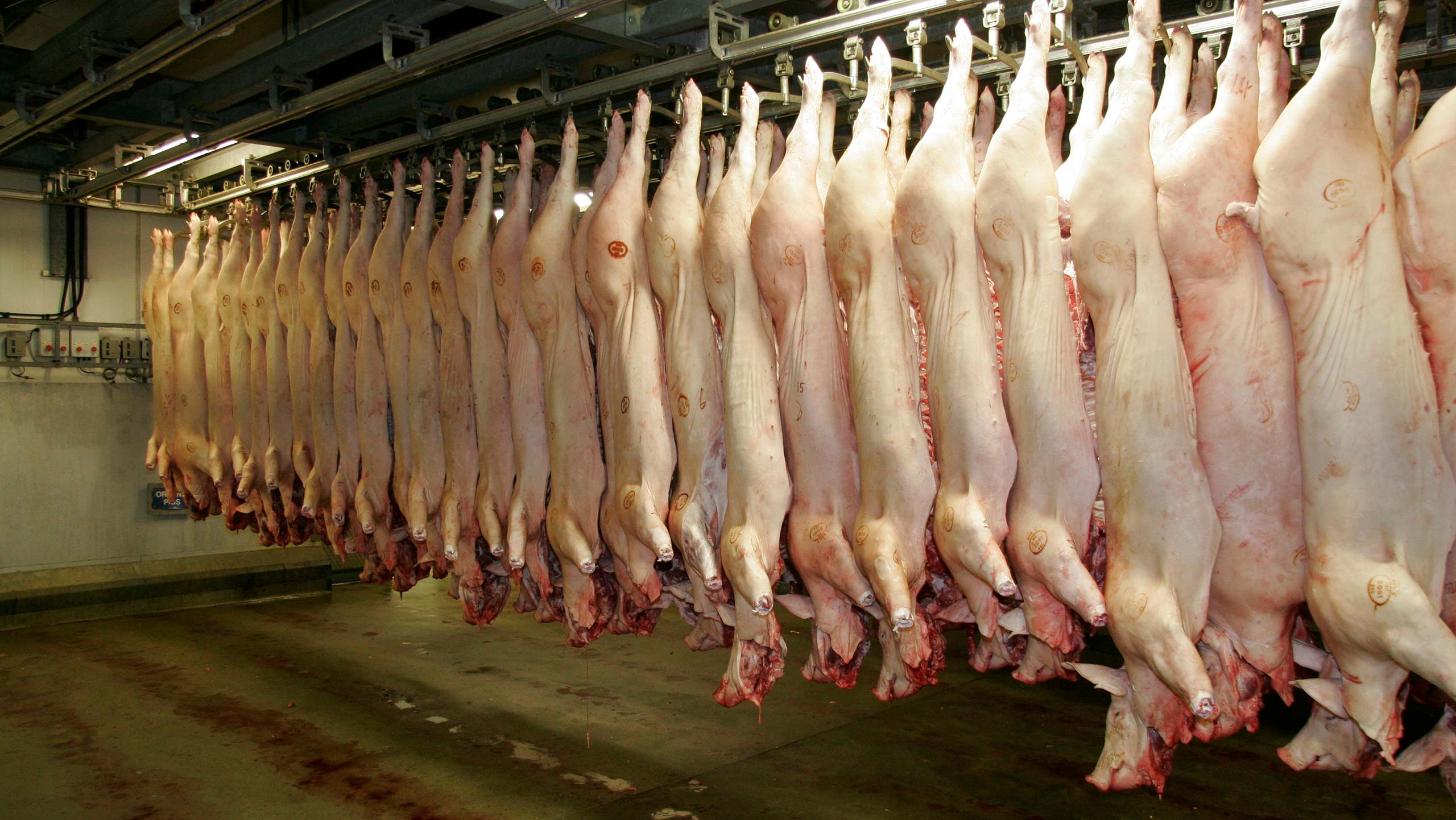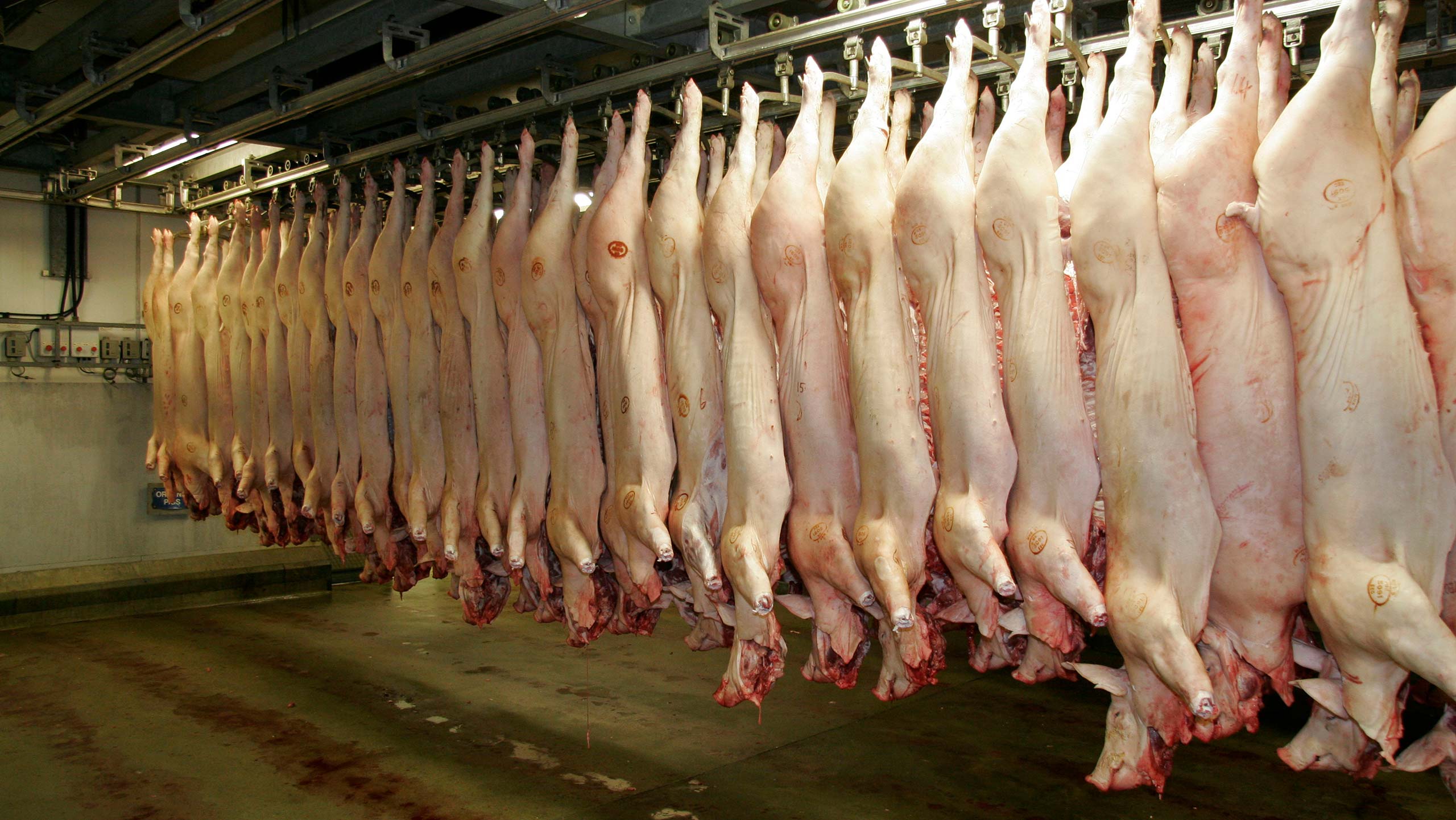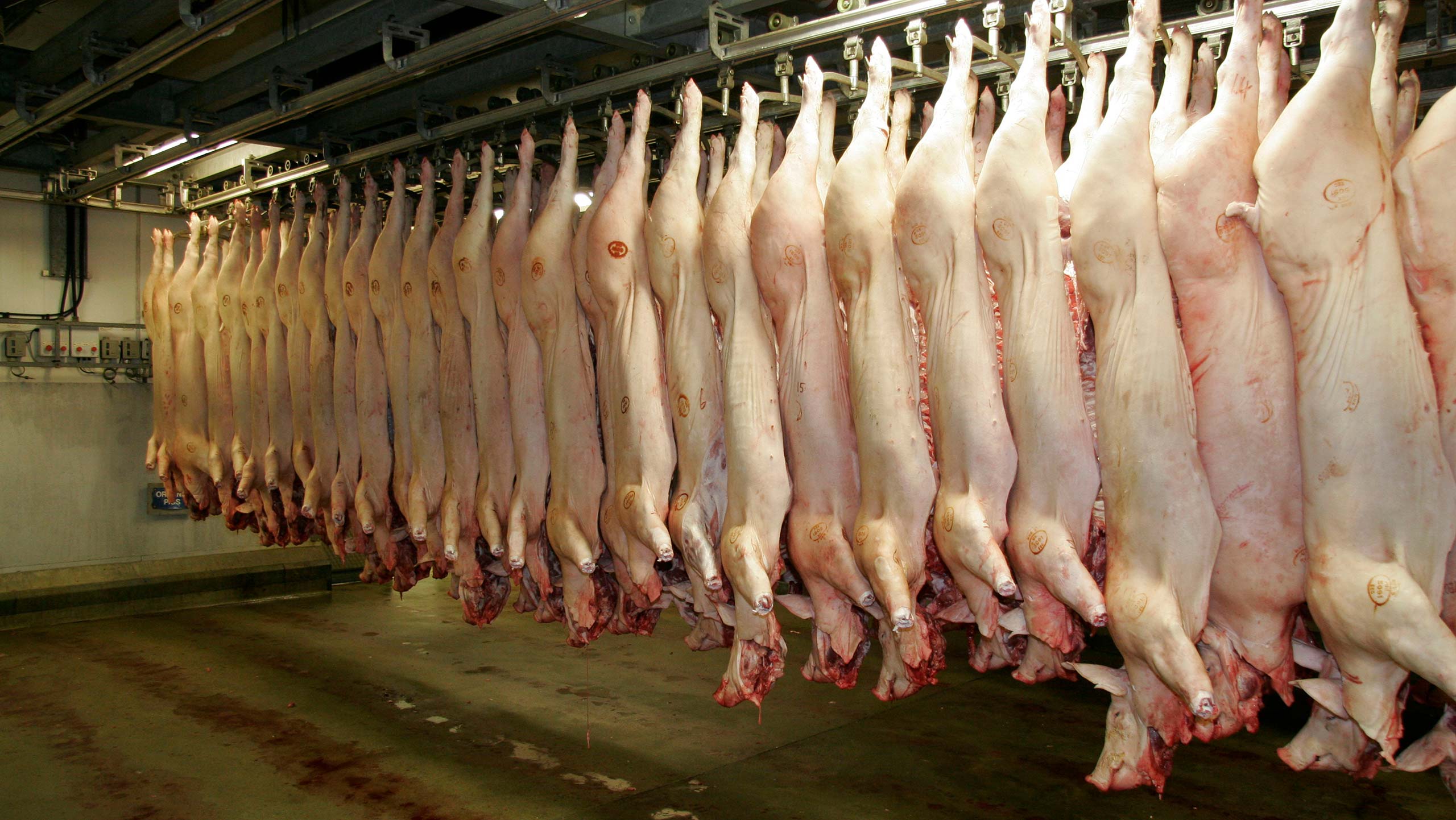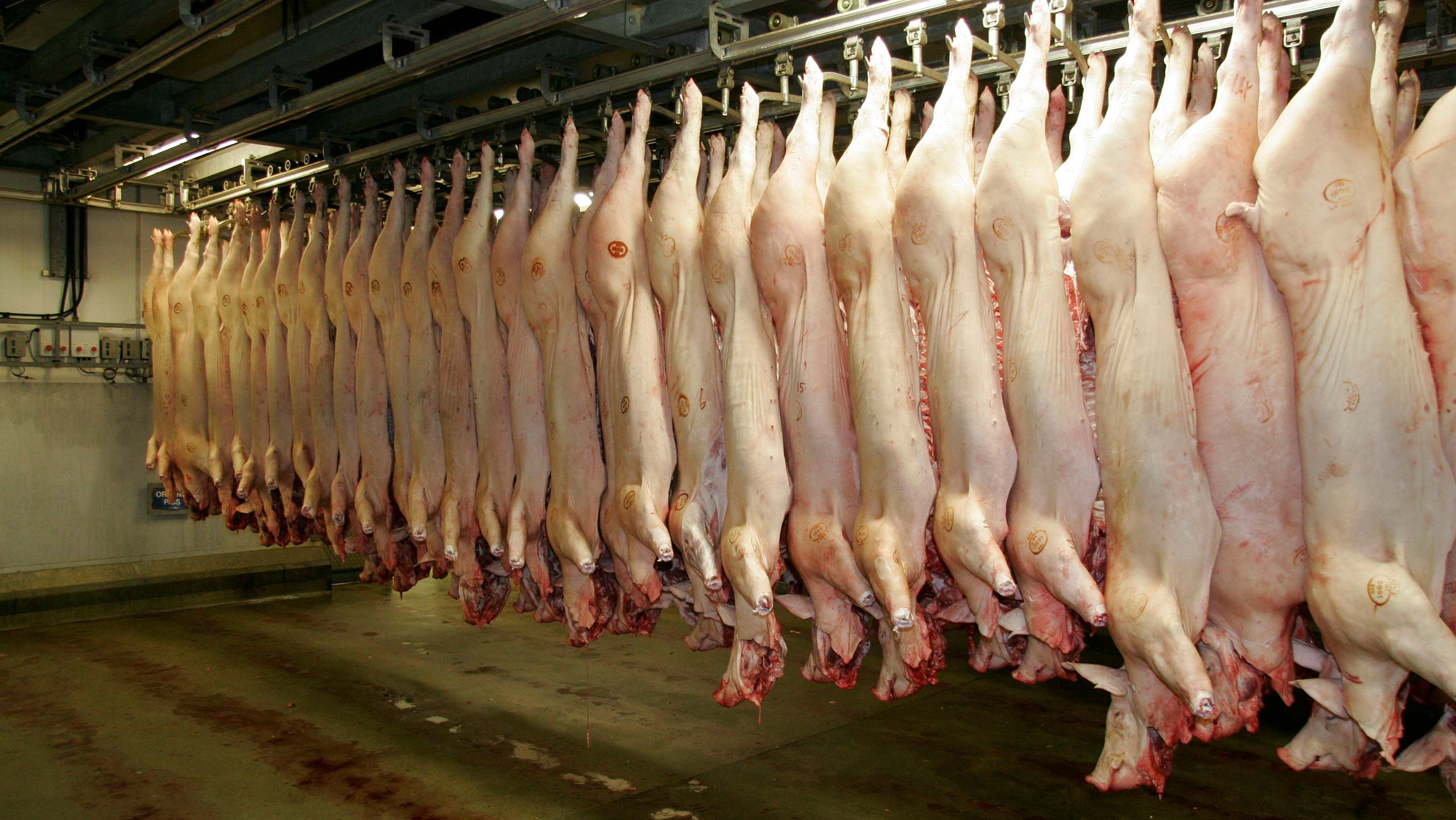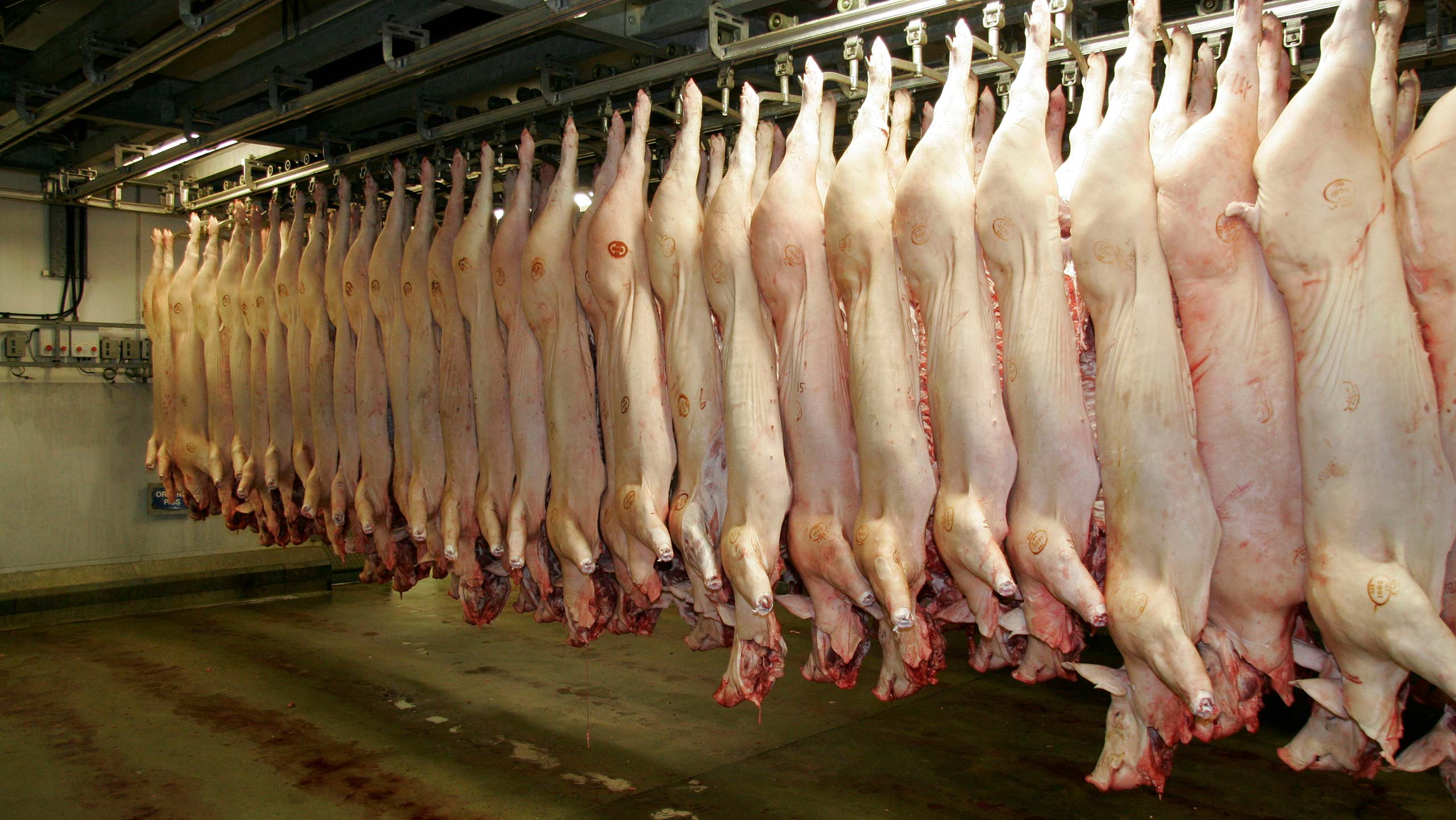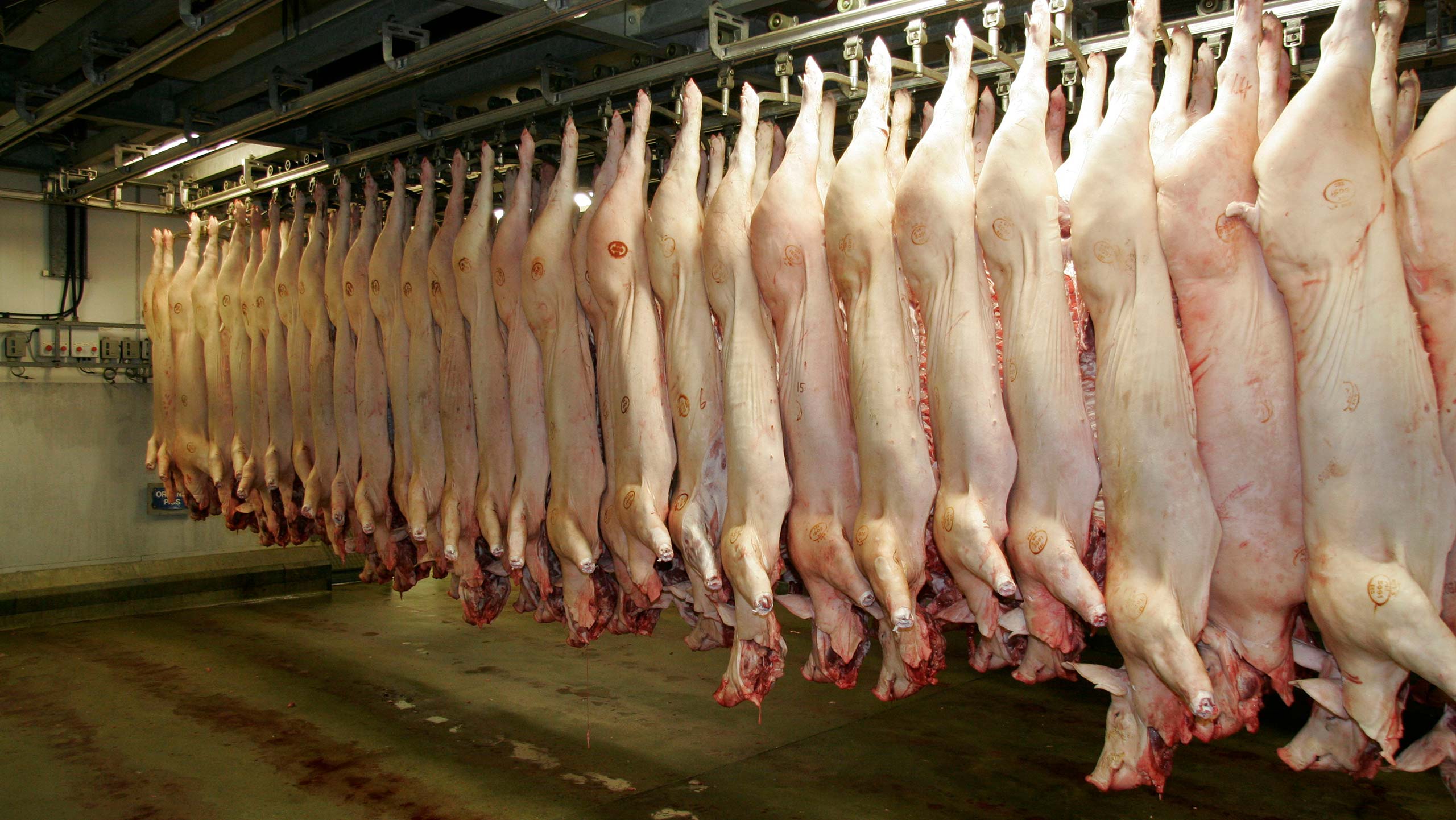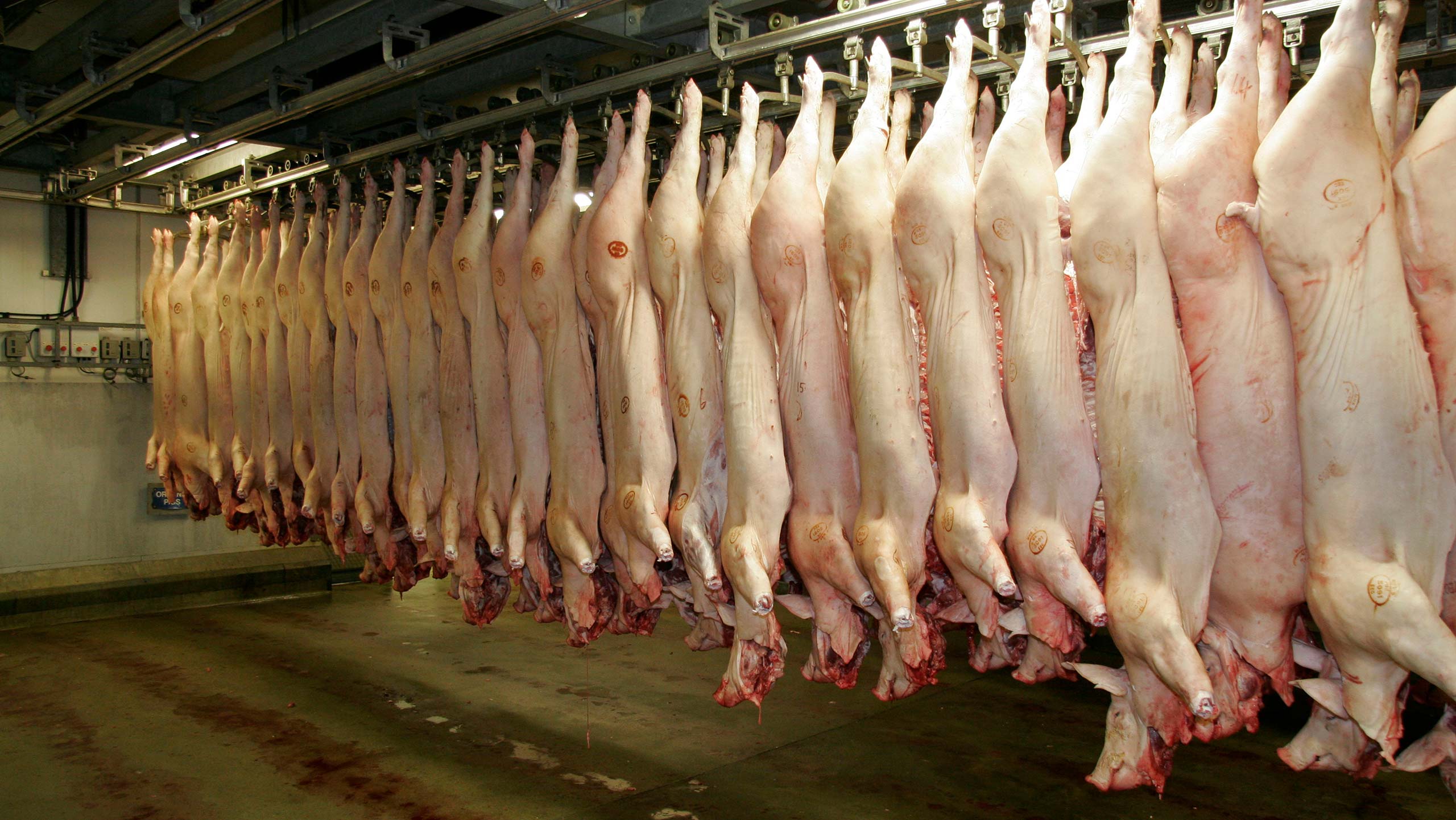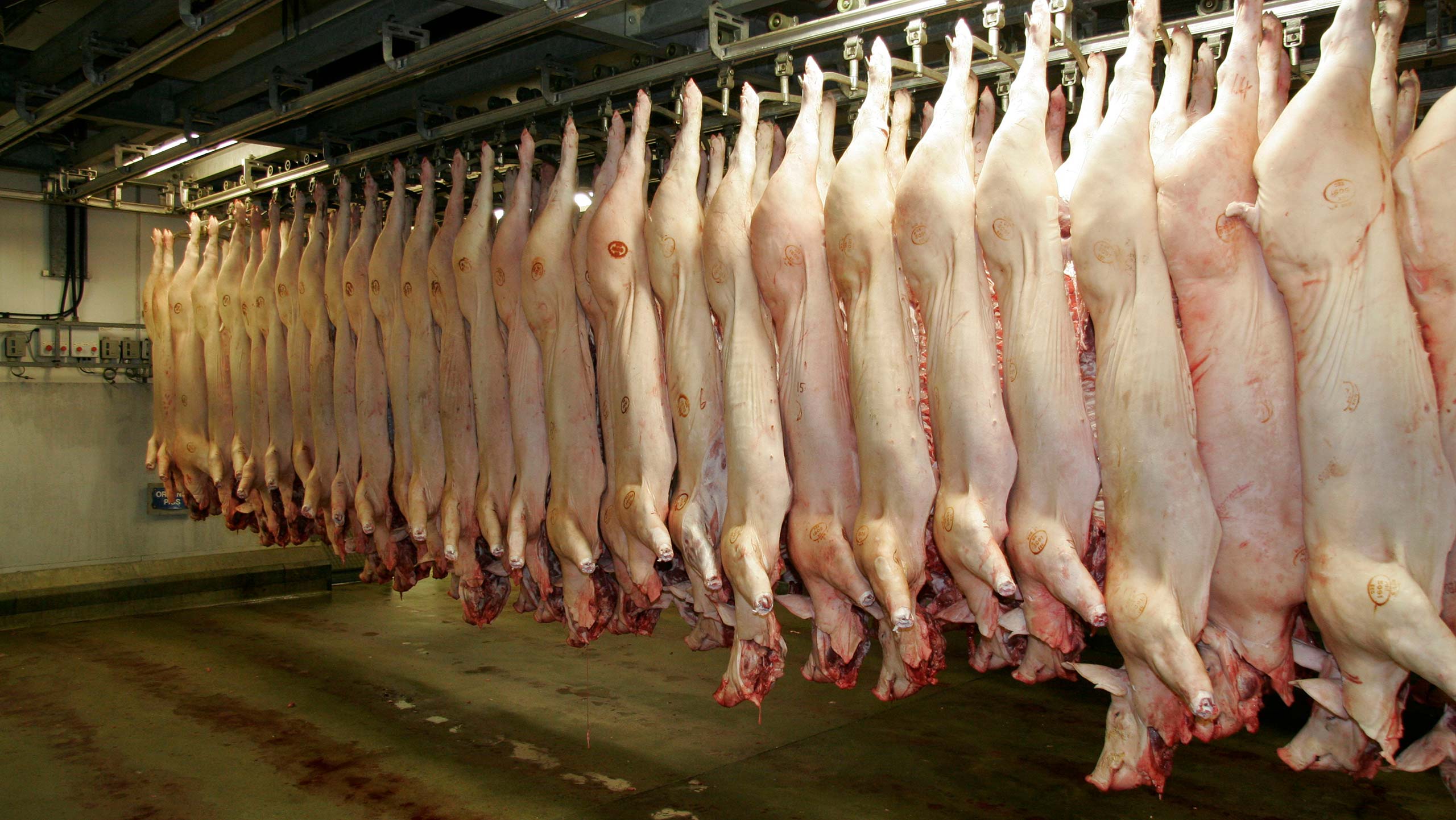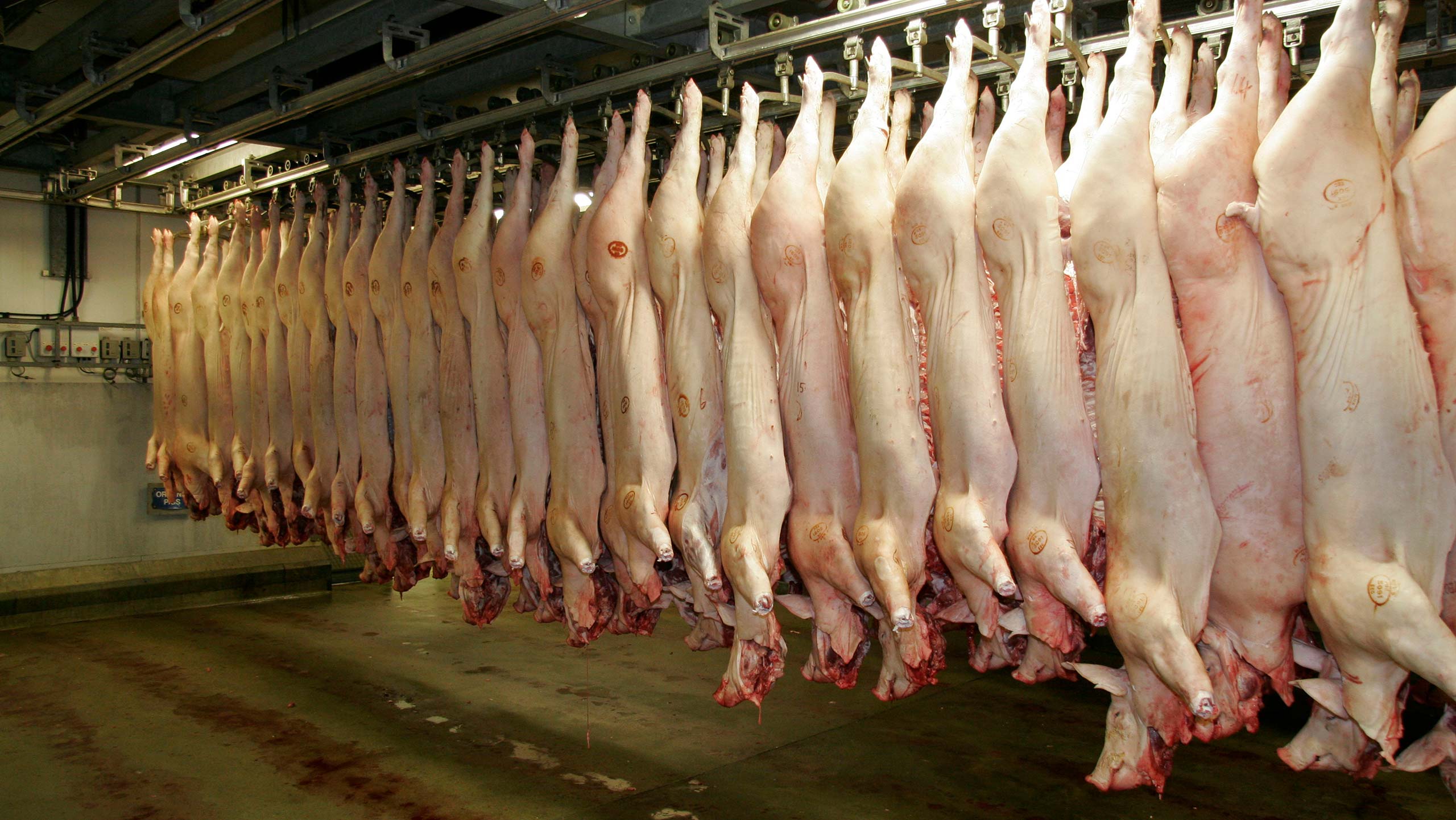The abattoir industry relies heavily on efficient and safe transportation of livestock and meat products. From collecting animals from farms to delivering processed meat to retailers and wholesalers, transport operations form the backbone of meat processing businesses. However, these transportation activities expose abattoirs to significant risks that require specialized insurance protection.
Understanding Abattoir Transport Risks
Abattoir transport operations face unique challenges that standard commercial vehicle insurance may not adequately cover. Livestock transportation involves living animals that require specific handling, welfare considerations, and regulatory compliance. Meanwhile, processed meat transport demands strict temperature control, hygiene standards, and food safety protocols.
The financial implications of transport-related incidents can be severe. A single breakdown of refrigerated transport could result in the loss of entire meat shipments worth thousands of pounds. Animal welfare breaches during livestock transport can lead to prosecution, hefty fines, and reputational damage that affects business relationships with farmers and customers.
Key Coverage Areas for Abattoir Transport Insurance
Livestock transport coverage protects against risks specific to moving live animals. This includes coverage for animal death or injury during transit, whether due to accidents, vehicle breakdown, or handling errors. The insurance should cover the value of livestock lost and any associated costs such as veterinary treatment or emergency slaughter.
Temperature-controlled transport coverage is essential for meat products requiring specific storage conditions. This protection covers spoilage losses when refrigeration systems fail, ensuring businesses can recover the value of damaged products and associated costs like disposal and replacement.
Public liability coverage addresses third-party claims arising from transport operations. This might include accidents involving other road users, property damage during loading or unloading, or claims related to animal escapes or meat contamination affecting public health.
Professional indemnity protection covers claims alleging negligent advice or services related to transport operations. For abattoirs providing transport services to other businesses, this coverage protects against claims of inadequate handling, delayed delivery, or failure to maintain proper conditions.
Regulatory Compliance and Transport Insurance
Abattoir transport operations must comply with extensive regulations covering animal welfare, food safety, and road transport. The Animal Welfare Act requires proper handling and transportation conditions for livestock, while food safety regulations mandate temperature control and hygiene standards for meat products.
Transport insurance should align with these regulatory requirements, providing coverage that supports compliance efforts. This includes protection against prosecution costs for regulatory breaches and coverage for emergency measures needed to maintain compliance during incidents.
Vehicle licensing and driver qualification requirements add another layer of complexity. Drivers transporting livestock or meat products often need specific qualifications and licenses. Insurance coverage should protect against claims arising from driver error or qualification issues.
Specialized Vehicle and Equipment Coverage
Abattoir transport often requires specialized vehicles with specific equipment. Livestock transporters need proper ventilation, loading ramps, and animal handling facilities. Meat transport vehicles require refrigeration systems, temperature monitoring, and hygiene features.
Equipment breakdown coverage protects against the failure of critical transport equipment. When refrigeration systems fail or livestock handling equipment breaks down, the insurance should cover repair costs, alternative transport arrangements, and any resulting product losses.
Vehicle modification coverage addresses the specialized nature of abattoir transport vehicles. Standard commercial vehicle insurance may not adequately cover expensive modifications like refrigeration units, livestock handling systems, or specialized loading equipment.
Business Interruption Protection
Transport disruptions can severely impact abattoir operations. When transport vehicles are unavailable due to accidents or breakdowns, the entire supply chain can be affected. Farmers may be unable to deliver livestock, while customers may not receive their meat orders on time.
Business interruption coverage compensates for lost income when transport operations are disrupted. This includes coverage for alternative transport costs, overtime payments to staff dealing with disruptions, and compensation for customer contracts that cannot be fulfilled.
The coverage should extend to disruptions affecting key transport routes or facilities. Road closures, weather conditions, or regulatory restrictions can all impact transport operations and should be covered under comprehensive business interruption protection.
Third-Party and Product Liability Considerations
Abattoir transport operations create significant third-party liability exposures. Accidents involving livestock transporters can result in substantial claims, particularly if animals escape and cause accidents or property damage. The insurance must provide adequate limits to cover potential claims and associated legal costs.
Product liability coverage addresses claims related to meat products damaged or contaminated during transport. If temperature control failures result in unsafe meat reaching consumers, the resulting claims could be substantial. The insurance should cover recall costs, compensation claims, and legal defense expenses.
Environmental liability protection covers pollution incidents during transport. Fuel spills, refrigerant leaks, or waste disposal issues can result in environmental damage claims and cleanup costs that require specialized coverage.
Claims Management and Emergency Response
Effective claims management is crucial for abattoir transport insurance. When incidents occur, rapid response is essential to minimize losses and maintain business continuity. The insurance should provide 24/7 claims reporting and immediate access to emergency services.
Emergency transport arrangements should be available when primary vehicles are unavailable. This might include access to replacement refrigerated vehicles, livestock transporters, or alternative logistics solutions to maintain operations during claims.
The claims process should recognize the time-sensitive nature of abattoir transport operations. Delays in claims settlement can compound losses, particularly when perishable products are involved or when livestock welfare is at stake.
Cost Factors and Premium Considerations
Abattoir transport insurance premiums reflect the specialized risks and high-value exposures involved. Factors affecting premiums include the types of products transported, vehicle specifications, driver experience, and safety records.
Risk management measures can help reduce premiums. Investment in vehicle maintenance, driver training, temperature monitoring systems, and safety protocols demonstrates commitment to risk reduction and can result in lower insurance costs.
The geographic scope of operations affects premium calculations. Local transport operations may have different risk profiles compared to long-distance or international transport, with premiums adjusted accordingly.
Choosing the Right Insurance Provider
Selecting an insurance provider with experience in abattoir transport is essential. The provider should understand the specific risks, regulatory requirements, and operational challenges facing the meat industry.
Coverage flexibility is important as abattoir operations evolve. The insurance should adapt to changes in transport requirements, new vehicle acquisitions, or expansion into different market sectors.
Claims handling expertise in the meat industry ensures that claims are managed by professionals who understand the urgency and complexity of abattoir transport incidents.
Risk Management Best Practices
Effective risk management reduces insurance claims and demonstrates commitment to safe operations. Regular vehicle maintenance schedules ensure that critical equipment like refrigeration systems and livestock handling facilities remain in good working order.
Driver training programs should cover animal welfare requirements, food safety protocols, and emergency procedures. Well-trained drivers are less likely to cause incidents and better equipped to manage problems when they arise.
Temperature monitoring and recording systems provide evidence of proper product handling and can support insurance claims when equipment failures occur. These systems also help identify potential problems before they result in significant losses.
Future Considerations and Industry Trends
The abattoir transport sector continues to evolve with new technologies and changing regulations. Electric and hybrid vehicles are becoming more common, requiring insurance coverage that addresses new technologies and their associated risks.
Increased focus on animal welfare and environmental sustainability is driving changes in transport practices. Insurance coverage must evolve to address new risks and opportunities arising from these industry developments.
Digital tracking and monitoring systems provide new opportunities for risk management but also create new exposures related to data protection and cyber security that insurance coverage should address.
Conclusion
Abattoir transport insurance is a specialized form of protection that addresses the unique risks facing meat industry transport operations. From livestock welfare to food safety, temperature control to regulatory compliance, the coverage must be comprehensive and tailored to the specific needs of abattoir businesses.
Effective insurance protection supports business continuity, regulatory compliance, and customer confidence. By working with experienced insurance providers and implementing robust risk management practices, abattoir operators can protect their transport operations and maintain their position in the competitive meat industry.
The investment in comprehensive transport insurance coverage pays dividends through reduced financial exposure, improved operational resilience, and enhanced reputation with customers and regulatory authorities. For abattoir operators, transport insurance is not just a regulatory requirement but a fundamental business protection that supports long-term success and growth.
Get Your Abattoir Transport Insurance Quote
For specialist abattoir transport insurance tailored to your business needs, contact Insure24 today. Our experienced team understands the unique challenges facing the meat industry and can provide comprehensive coverage solutions.
Call us on 0330 127 2333 or visit our website to get your quote online.


 0330 127 2333
0330 127 2333
